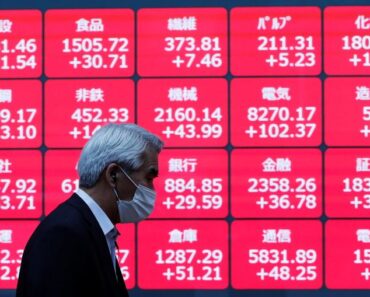This post was originally published on this site

L3Harris Technologies (NYSE:LHX) announced yesterday that it has agreed to acquire Aerojet Rocketdyne Holdings (NYSE:AJRD) for $58 per share, in an all-cash transaction valued at $4.7 billion, including the net debt.
LHX said it will use its existing cash holdings and new debt to fund the acquisition. It expects to be able to close the deal next year.
“We’ve heard the DoD leadership loud and clear: they want high-quality, innovative and cost-effective solutions to meet both current and emerging threats, and they’re relying upon a strong, competitive industrial base to deliver those solutions,” said Christopher E. Kubasik, L3Harris CEO and Chair.
“With this acquisition, we will use the combined talents of more than 50,000 employees to drive continuous process improvement, enhance business operations and elevate the performance of this crucial national asset.”
A couple of weeks ago, Reuters reported that General Electric (NYSE:GE) and L3Harris Technologies are among those competing to acquire rocket market AJRD. The deal represents a 28% premium to AJRD’s share price on October 24, the last trading day before Reuters reported Aerojet is exploring a potential sale.
LHX’s rival Lockheed Martin (NYSE:LMT) walked away from its $4.4B deal to acquire Aerojet in February after antitrust regulators sued to block it.
Wolfe Research analysts believe the deal “fits to the LHX strategy of increasing its scale as a defense contractor, but it certainly looks more challenging to find financial logic.”
Bank of America analysts believe the acquisition will help LHX expand its space defense systems and precision munitions business.
“Management has clearly articulated the goal of becoming the sixth prime contractor… Taken together, the Aerojet and Viasat deals would bring LHX tantalizingly close to its sixth prime target. We maintain our Neutral rating,” the analysts wrote in a client note.
Jefferies analysts stated that a higher bid is unlikely to come and see minimal competitive overlap and regulatory risk.
Truist Securities analysts agree that the price is too high.
“While defense multiples have increased following the Russia/Ukraine war we see no reason why AJRD should trade for this type of premium,” they told clients in a note.



